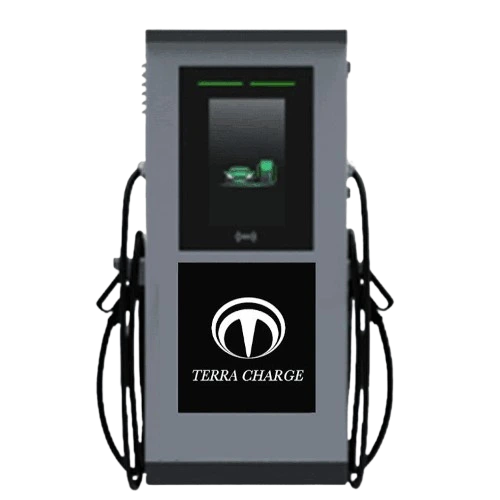As the nation eagerly awaits the presentation of the 2024 Union Budget by the Finance Minister, all eyes are on its alignment with India’s renewable energy targets. Expectations are high for provisions that will accelerate the country’s commitment to reducing carbon emissions and building a climate-resilient economy. The electric vehicles industry, having witnessed unprecedented success in the previous year, anticipates further momentum through supportive policies in this year’s budget.
FAME Subsidy Extension for Two-Wheelers
The electric vehicle sector anticipates the expansion of the FAME subsidy scheme to cover two-wheelers, alongside cars. Despite some reports indicating government hesitation, the industry stresses its importance in supporting EV ecosystem growth. Extending the subsidy could reduce manufacturing expenses, spur investments, and increase EV accessibility. This step is vital for affordability, inclusivity, and improving fuel security.
Encouraging Businesses to Reduce Carbon Emissions
The industry seeks to utilize the budget to support businesses in transitioning to green practices by implementing targeted incentives. This includes fiscal measures such as interest subsidies on bank loans to encourage the adoption of sustainable manufacturing processes. These initiatives aim to promote the widespread use of resource-efficient and low-carbon solutions, ultimately leading to emission reductions. Additionally, incentivizing the trading of carbon credits, particularly for EV fleets and charging companies, can create extra revenue opportunities and hasten adoption.
GST Reform and Customs Duty Reduction
The industry advocates for customs reform and favorable adjustments in GST regulations, particularly advocating for a reduced tax rate of 5% on electric vehicles and their components, such as lithium-ion battery packs and cells, currently taxed at 18%. This adjustment aims to enhance the financial appeal of EVs, fostering increased adoption in the market.
Infrastructure Investment for Charging Stations
The establishment of a robust EV charging infrastructure is deemed critical for the sustained growth of the EV industry. The industry anticipates fund allocation, incentives, and policies to expedite the development of an extensive charging network across tier II and III cities as well as highways. Open data standards and APIs for seamless charging, along with incentives for R&D investment in software solutions, are expected to enhance interoperability and user experience. Standardization of EV charging and the promotion of universal battery charging are also highlighted as essential for addressing adoption barriers and promoting widespread usage of EVs.
Addressing Licensing, Safety Standards, and Insurance Norms
Policies tailored for electric vehicles encompassing licensing, safety standards, and insurance norms are also anticipated in the budget. Streamlining these regulations can further boost consumer confidence and facilitate market growth.
Reducing Fixed Demand Charges and Infrastructure Costs
Proposed measures include the elimination or reduction of fixed demand charges for charging stations and the implementation of caps on infrastructure costs related to establishing such stations, especially in highways or remote areas. These steps aim to enhance profitability and incentivize investment in charging infrastructure.
Conclusion
The upcoming Union Budget 2024 offers a notable chance to advance India’s renewable energy goals and boost the expansion of the electric vehicles sector. Addressing critical industry needs like extending the FAME subsidy, reforming GST, investing in infrastructure, and streamlining regulations can play a pivotal role in fostering a more sustainable and resilient future.











